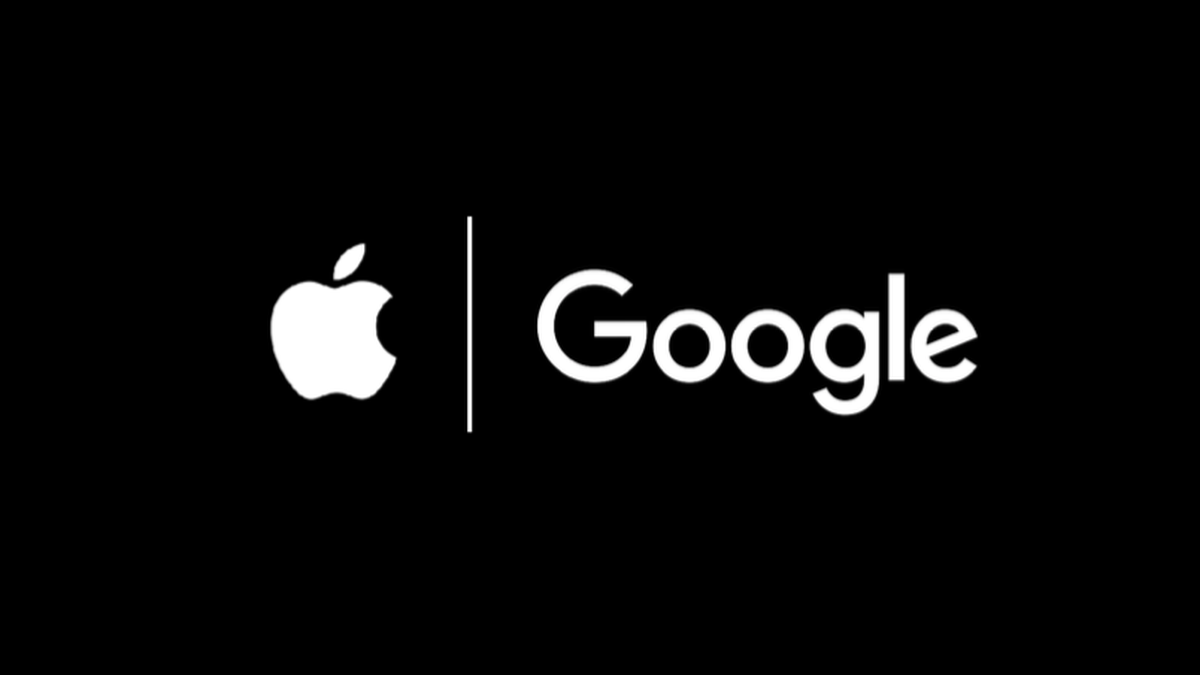By Zion Rufus
As the world of digital marketing and advertising braces up for Google’s third-party cookie elimination, the big techs Apple and Google have introduced more privacy policies and updates that would yet again stiffen an already limited ad tracking and re-targeting space.
These increasing privacy options could impact how well digital advertising performs in the coming months. Amongst other things, advertisers will no longer be able to deliver personalized ads and track the effectiveness of their ad campaigns without users’ consent.
“All of these moves are changing the game as far as digital marketing is concerned. First, there is the big worry that email marketing would be significantly affected now, especially for Apple users,” says Oti Ukubehinje, VP, Product Marketing and Growth, Terragon and President, Association of digital marketing professionals (ADMARP) Nigeria.
Earlier in June, Apple presented a new App Tracking Transparency (ATT) policy which requires developers to ask for permission when they collect certain information (known as IDFA) from other companies’ apps and websites for advertising purposes. Google doubled its privacy policy by halting the measurement of IDFA altogether.
He continued: “In essence, Nigeria and Africa needs to find its own solution, or work closely with its western counterparts so that they can build with Africa in mind. Either way, something needs to be done quickly, otherwise, like most other tech advancements, we will be left to play catch-up. I’d say it could either be a disaster for Africa, or it will strengthen the position of local publishers, and the development of local African tech to solve a local African problem.”
Apple’s ATT privacy update prompts iPhone and iPad users to opt in or out of data tracking across apps and websites, which can have major implications for retailers advertising across Google. iOS app developers who are using the IDFA, such as Google, Facebook, retailers, and many other organizations.
Following the update, Google disclosed that Apple’s ATT changes will reduce visibility into key metrics that show how ads drive conversions (like app installs and sales) and will affect how advertisers value and bid on ad impressions. As such, app publishers may see a significant impact to their Google ad revenue on iOS after Apple’s ATT policies take effect.
“When we look at what Google is about to do with the third party cookie, taking into consideration that Google accounts for up to 60% of the mobile browser market today, we would find that, in Africa, it will have a big impact. Other browsers have already disabled third party cookies by default, so it is pretty much the death of the third party cookie once Google strikes.
Companies need to quickly start investing more in gathering first party data of both their customers and prospects so they can engage in more direct marketing. But there are already solutions coming up that would help ensure the ability to identify previously engaged users, the ADMARP President advised.
First, most platforms will start to rely wholly on their internal user IDs such as the Google advertising ID (GAID), the Facebook ID, Opera ID, etc. as they increasingly move away from cookie based tracking. We also now have solutions like the Facebook Conversion API and Google’s Privacy Sandbox, in addition to Apple’s plans to fully relaunch its ad network.”
What this does is strengthen the position of massive walled gardens like Facebook, Google and Apple as the key ad platforms of the future, while it leaves a lot of independent publishers and ad platforms who rely on the browsers and operating systems from these players to reach their users, out there in the woods.
“In fact, publishers are now the grass that suffers when these 3 elephants fight themselves. In America and Europe, various ad tech and publisher coalitions have come up with different solutions, such as the UID 2.0 which basically encourages publishers to opt-in their users into a central advertising program using emails as the main ID. While this is good, it faces threats from GDPR and other similar laws, as well as low adoption rate, since it relies on first party data – email. Let’s say it even worked, it leaves Africa in the dark, because this marketing is more mobile phone number (MSISDN) heavy than email,” Oti concluded.






Comment
No comments found.